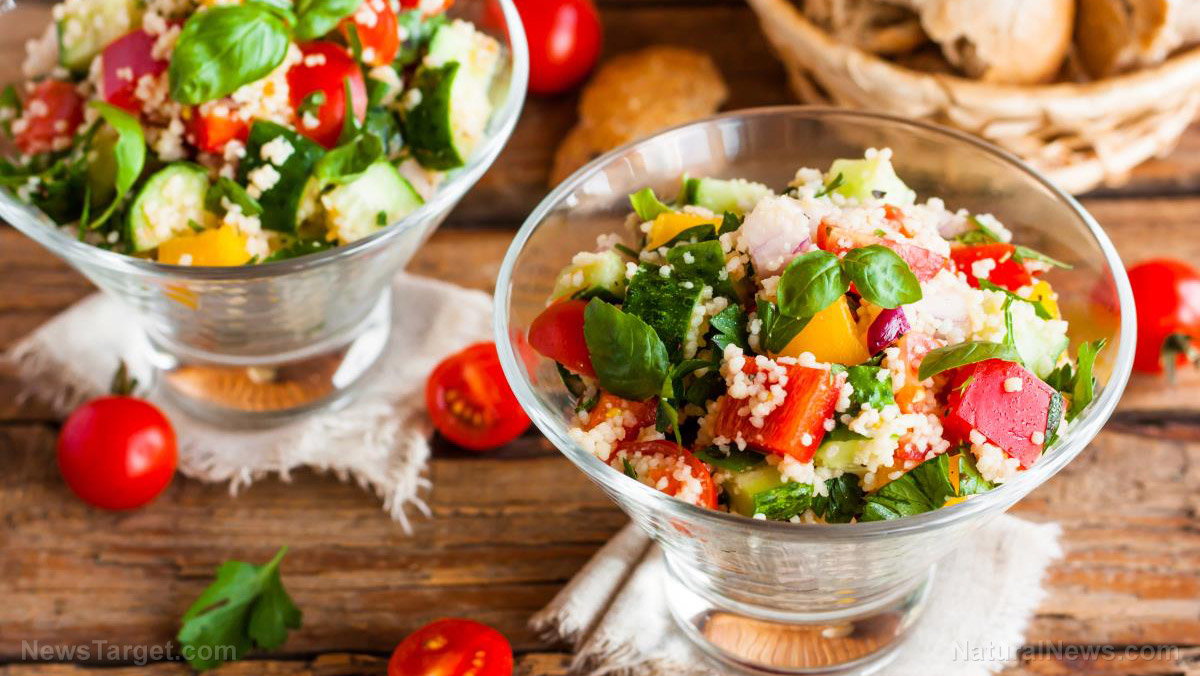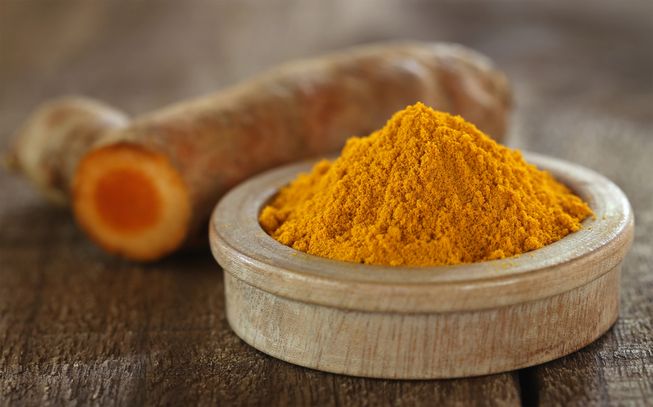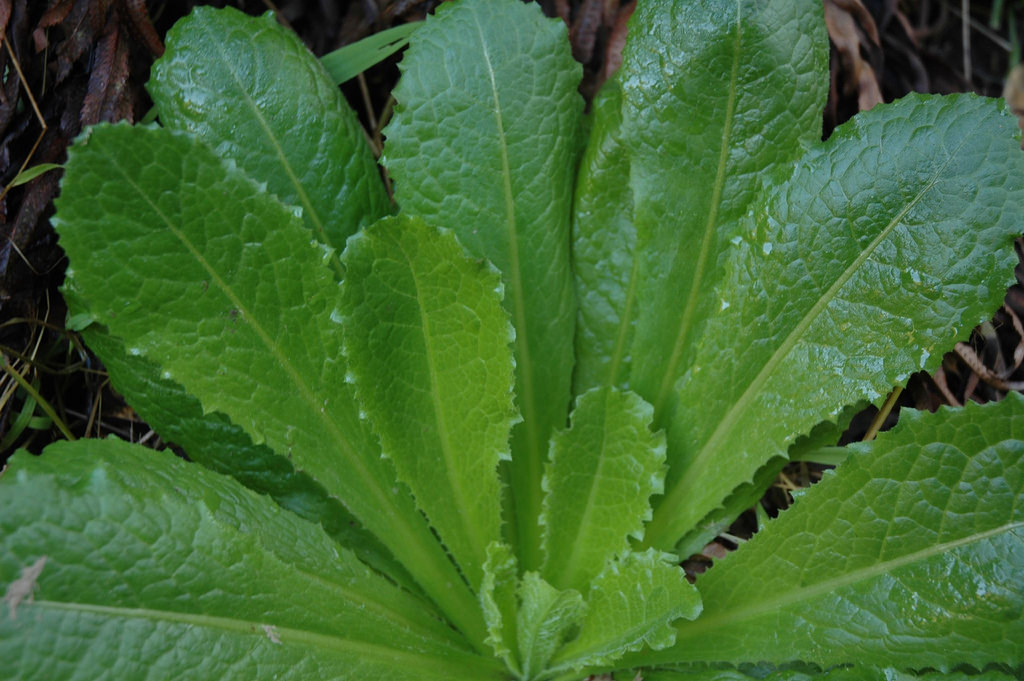
Advertisement
If you’re looking for a way to retain optimal cognitive function and brain health even in old age, researchers from the National University of Malaysia have some advice for you: eat your vegetables.
According to the research team, this is mainly because of a link they found connecting the consumption of traditional vegetable-based dishes, called “ulam,” to the retention of working memory and cognitive flexibility in elderly individuals.
In their study, the researchers were able to spot a connection between high ulam consumption and improvements in cognitive functions such as attention, working memory as well as short and long?term memory.
According to the researchers, this connection between healthy cognitive function and vegetables is likely due to the presence of antioxidants and polyphenols in the latter, noting that these compounds perform various important tasks such as preventing oxidative stress, activating sirtuins and reducing apoptosis or cell death. (Related: Will more doctors write prescriptions for eating vegetables?)
The research team noted, however, that while they were able to find a link between ulam consumption and healthy cognitive function in elderly adults, they were unable to fully explain the cause-effect relationship between the two. They added that there is a need to adopt whole?brain analysis and randomized controlled trials in order to fully investigate the role of ulam and other vegetable-rich dishes as potential neuroprotective agents.
What is ulam?
According to food experts, ulam is a broad term that is primarily used to describe different Malaysian-style salads. These dishes are typically prepared using a variety of fresh herbs and vegetables, all of which can be blanched or served raw.
Ulam salads are typically enjoyed as a side dish and are commonly topped with either sambal belacan or the shrimp-based cincalok, as well as other traditional Malaysian sauces.
Some of the vegetables and herbs used in traditional Malaysian ulam include the following:
- Daun gajus, or cashew leaves
- Betel leaves
- Cucumbers
- Banana blossom
- Bamboo shoots
- Kaffir lime
- Turmeric
- Pennywort
- Long beans
- Daun selom or water parsley
- Belimbing buluh or the carambola buluh
As mentioned earlier, these food items are all known for their rich nutrient and antioxidant stores, which make them integral additions to a healthy lifestyle especially for the elderly and those who live in low-income residential areas.
These vegetables, aside from helping maintain optimal cognitive function in the elderly as mentioned in the study, are also linked to an array of other health benefits such as blood pressure and blood sugar management.
Want to try your hand at making your own ulam? Here are two quick and easy recipes that you can try:
Traditional Malaysian Table Salad
Light and refreshing, this is commonly served as a side dish in many Malaysian households and is meant to help cleanse the palate in between meals.
Ingredients:
Ulam:
- 3 organic eggplants, cut into 5-centimeter chunks
- 8 small organic okra
- 150 grams organic snake beans, cut into 5-centimeter lengths
- 1 organic cucumber, cut into batons
Shallot-Chili Relish:
- 500 grams, organic dark palm sugar
- 150 ml, fish sauce
- 300 grams, dried shrimp, rinsed and finely chopped
- 100 grams, long organic red chilies, finely chopped
- 5-10 small organic red chilies, finely chopped
- 3 organic red shallots, finely chopped
To taste: lime juice, salt
Preparation:
To make the ulam:
- Bring a pot of salted water to a boil. Blanch vegetables by submerging them in the boiling water for 30 seconds, before dunking them in iced water. Set blanched vegetables aside.
- Arrange the blanched eggplant, okra, snake beans and cucumber on a plate, then top with the shallot-chili relish.
To make the shallot-chili relish:
- Combine palm sugar, fish sauce, dried shrimp and long red chili in a saucepan
- Add 3 cups of water and stir over low heat until sauce is thick and syrupy.
- Add small red chili and shallot and simmer for another minute.
- Season to taste with salt and lime juice.
Traditional Nasi Ulam (Herb and Rice Salad)
A more filling version of ulam, this is more of an all-in-one meal, which makes it perfect for quick lunches and dinners.
Ingredients:
- 4 cups, freshly-cooked organic whole grain rice
- 2 stalks, organic lemongrass
- 10-20 pieces, organic betel leaves
- 5 grams, organic Vietnamese mint
- 10 grams, organic pennywort leaves
- 20 grams, organic coriander leaves
- 5 grams, organic mint leaves
- 20 grams organic spring onions or chives
- 1 ginger flower
- 70 grams or approximately one cup of pan toasted coconut
- salt to taste
- Optional: sambal belacan, to taste
Preparation:
- Wash and thinly slice all the fresh and raw ingredients for the salad
- Put freshly-cooked rice in a large bowl and add raw ingredients
- Season with salt and sambal belacan, if desired
- Serve immediately
Traditional vegetable dishes are some of the easiest ways that one can support his health. However, that doesn’t mean that they can easily get rid of one’s health issues in the blink of an eye. Healthy eating habits, such as eating more vegetable-based dishes, will only work if they are complemented with an active lifestyle.
Sources:
Advertisements







